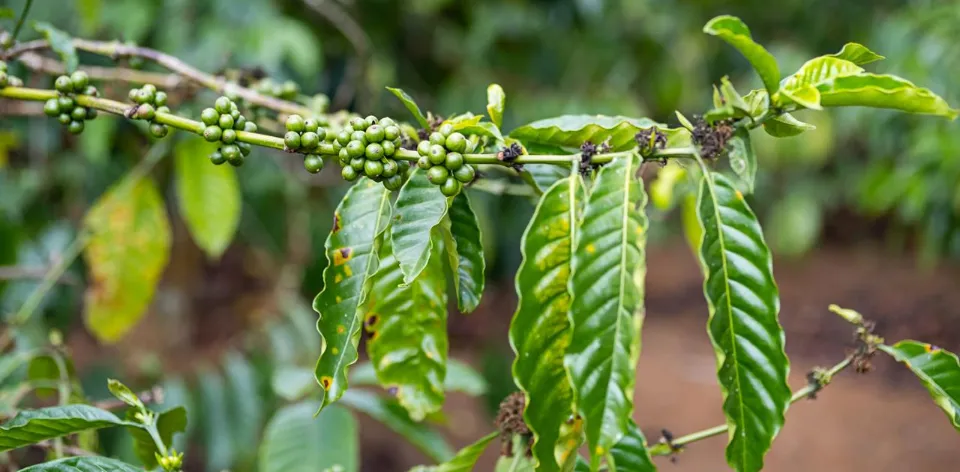 17/7/2024
17/7/2024
UPRA Advances the Financial Evaluation of Coffee Cultivation in Colombia

In Planadas, Tolima, UPRA is conducting workshops to advance the financial evaluations of coffee cultivation in Colombia, with producers, associations, and representatives from the coffee-growing sector participating in this activity.
Based on this financial evaluation exercise, UPRA will develop a technical document available for public consultation and download. This document will provide a methodology to analyze profitability factors, such as costs per load in coffee-growing municipalities, among other items.
"The next step of this project will be to develop a spatial economy projection, where the information obtained is disseminated to other municipalities. This will allow projecting financial indicators to determine which municipality is more profitable and which items impact each municipality," Cruz Tovar added.
Carolina Perdomo, a coffee grower, highlighted the value of this activity for producers: "It allows them to understand the need to start measuring production costs. When they are not taken into account, it is impossible to know the profit margin or the farm's earnings. Implementing costs is crucial because it helps identify the most demanding activities and establish improvement plans to reduce costs in the following year."
At the end of this financial evaluation exercise, UPRA will develop a technical document available for free consultation and download on the website upra.gov.co. This publication will allow for the analysis of profitability results, such as costs per load in the municipalities where the methodology was applied, among other items.
Coffee facts:
-
Colombia is the third-largest coffee producer in the world, after Brazil and Vietnam.
-
In the country, 845,000 hectares are dedicated to coffee production, managed by 550,000 coffee-growing families.
-
The country's coffee-growing families are small producers with less than 5 hectares; 96% are classified as small producers.
-
In Colombia, 22 departments and 606 municipalities depend on coffee production for their economy.

